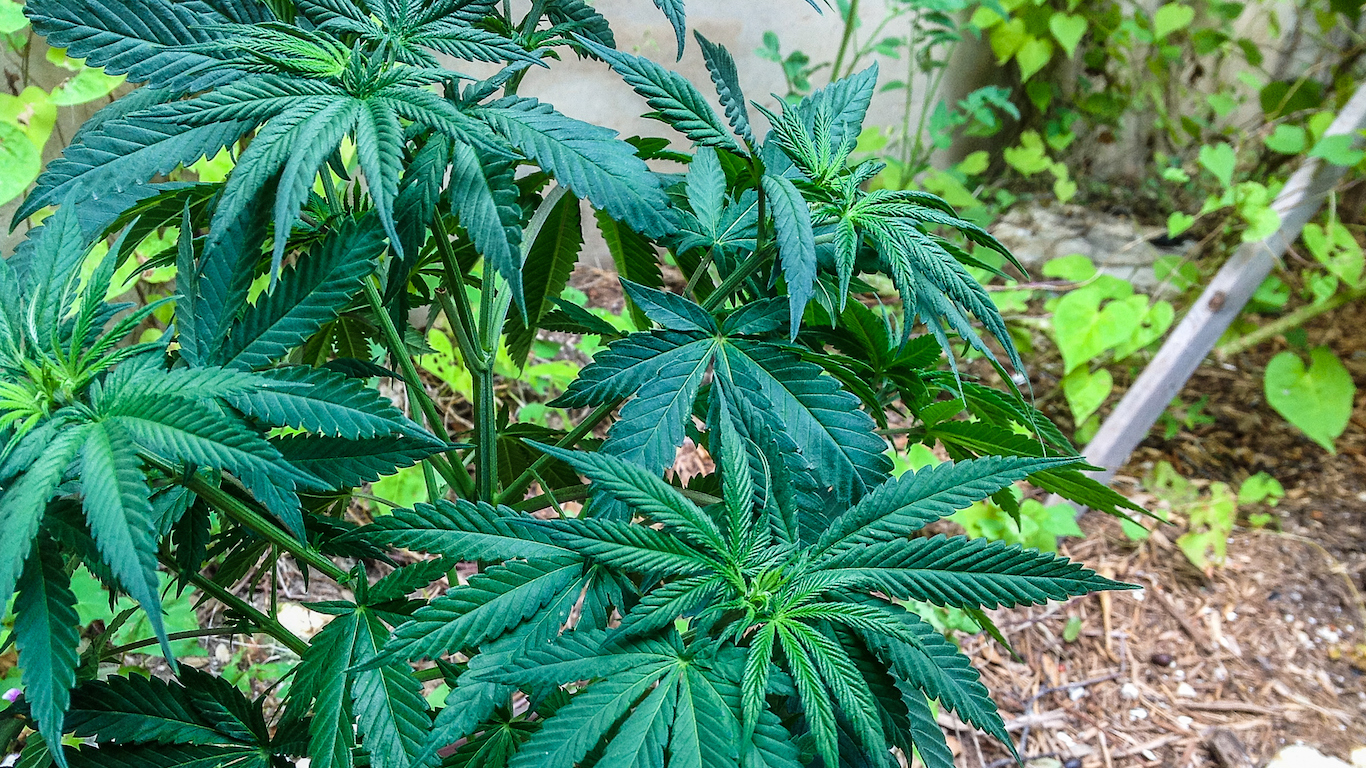
Both Houses of Congress have now approved the 2018 Farm Bill, a behemoth spending package worth nearly $900 billion over the next 10 years. Only the president’s signature is now required to make the bill the law of the land, and that is expected to be only a formality.
Included in the bill is language that makes the farming of industrial hemp legal for the first time since 1971. The bill also legalizes the manufacturing and sale of products made from industrial hemp, which were legal — and strongly encouraged — during World War II.
Senate Majority Leader Mitch McConnell introduced a bill in April that would have legalized hemp and later had legalization language added to the Farm Bill. The House of Representatives and the Senate dickered over some elements of McConnell’s proposal, but in the end a compromise was worked out.
Industrial hemp is identical to cannabis sativa L in every respect except its concentration of delta-9 tetrahydrocannabinol (THC), the psychoactive ingredient in marijuana that produces the plant’s famous high. The difference between the concentrations of THC in hemp and marijuana is significant. Medical marijuana typically contains 5% to 20% THC, while the most highly concentrated strains of recreational marijuana contain 25% to 30% THC. Industrial hemp may not contain more than 0.3% of THC by weight.
The Farm Bill removes hemp from the list of Schedule I federally controlled substances, which includes heroin, cocaine and marijuana. Whether marijuana belongs in that group is arguable and is the main reason that medicinal and recreational pot remains illegal according to federal law.
Industrial hemp production and distribution now will be lightly regulated by the U.S. Department of Agriculture rather than the Food and Drug Administration. The USDA also will guarantee interstate commerce in hemp. Growers will be eligible for crop insurance as well, as with any other legal agricultural product, like corn or wheat. And in keeping with Republican party priorities, most regulation of hemp will be done at the state level.
Marijuana advocates see this change to federal law controlling hemp as another step toward removing pot from the federal list of Schedule I drugs and its ultimate federal legalization.
Thank you for reading! Have some feedback for us?
Contact the 24/7 Wall St. editorial team.
 24/7 Wall St.
24/7 Wall St.


